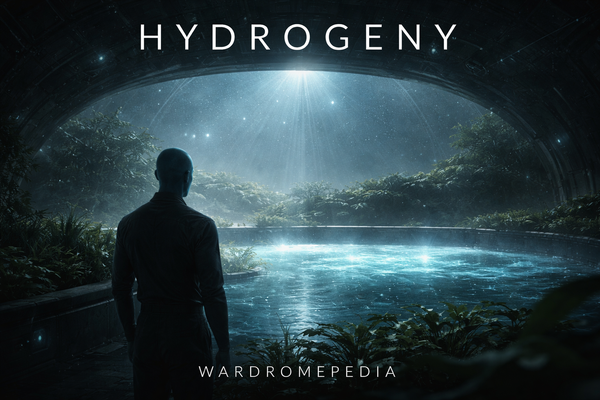Why market research outperforms vision in business strategy
In the dynamic landscape of business, entrepreneurs and executives often grapple with the dichotomy of relying on visionary instincts versus data-driven market research. While vision can ignite the initial spark for innovation, it is market research that fans the flame, ensuring sustainable growth and success.
The Allure of Vision
Visionary leaders like Steve Jobs and Elon Musk have become iconic, often credited with foreseeing trends that revolutionize industries. Vision is undeniably powerful; it provides direction, inspires teams, and creates a unique identity for brands. However, vision alone is a double-edged sword. It can sometimes lead to overconfidence, causing businesses to neglect critical market realities.
The Power of Market Research
Market research serves as the empirical counterbalance to vision. It involves gathering, analyzing, and interpreting data about a market, including its consumers, competitors, and overall environment. This approach provides actionable insights that help in fine-tuning strategies, reducing risks, and enhancing the decision-making process.
Unlike vision, which is inherently subjective, market research is grounded in data. It allows businesses to:
- Understand Consumer Needs: Through surveys, focus groups, and observational research, companies can gain a deep understanding of what customers truly want, allowing for more targeted and effective solutions.
- Identify Market Gaps: By analyzing market trends, businesses can identify unmet needs and potential areas for innovation, leading to more successful product launches.
- Mitigate Risks: Market research helps businesses avoid costly mistakes by testing concepts before they are fully developed and brought to market.
- Benchmark Performance: Continuous market research enables companies to track their performance against competitors and industry standards, ensuring they stay ahead of the curve.
Case Studies: When Vision Alone Failed
History is replete with examples of visionary leaders who ignored market research to their detriment. Consider New Coke’s infamous failure in the 1980s—an example of a bold vision that disregarded consumer sentiment. The backlash was swift, forcing Coca-Cola to revert to its original formula.
In contrast, companies that have effectively integrated market research into their strategies, like Airbnb and Amazon, have continuously adapted to consumer needs and market conditions, leading to their sustained success.
Conclusion: Balancing Vision with Research
While vision is crucial for setting a strategic direction and driving innovation, it must be tempered with the insights provided by market research. A successful business strategy is not about choosing one over the other but about finding the right balance. Vision can guide the long-term goals, but market research ensures that the path to those goals is navigated with precision.
In today’s competitive environment, relying solely on vision is a gamble. Market research, however, offers a way to make informed decisions that align with both consumer needs and market dynamics, ultimately leading to more sustainable success.




